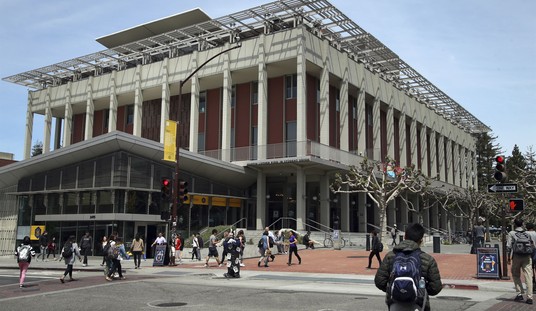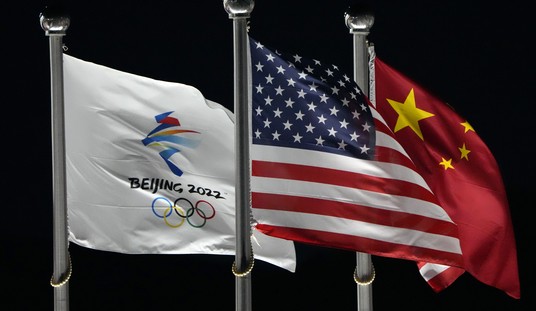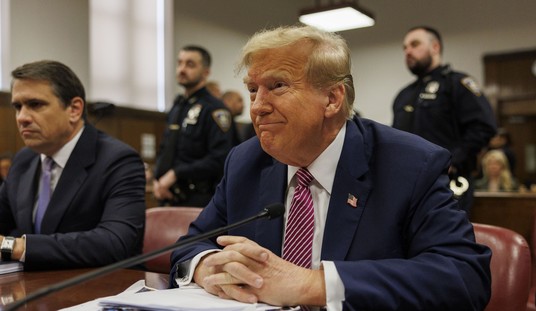This is a subject which came up on one of the cable news shows yesterday morning (I don’t recall which one) that I found interesting. One of the more telling statistics from this set of midterm elections was the high number of races which were won based on the registration advantage of one of the two major parties in each state and district. The only ones which were really up in the air were the contests where the split was either very close or the margin was exceeded by the number of independent voters. While that may just seem like “common sense” in the modern era it hasn’t always been that way.
This includes races where candidates with a generic ballot advantage had what should have been obvious disqualifying factors stacked against them. In New York and California, Republican incumbents Chris Collins and Duncan Hunter are both under indictment on very serious federal charges, yet they both won their races anyway. In New Jersey, Senator Bob Menendez was re-elected with a full ten percent margin of victory despite only barely escaping prison time on corruption charges by the grace of a hung jury. (Not to mention persistent stories of dalliances with underage hookers.) Shouldn’t that be telling us something?
I’m getting rather long in the tooth myself, but it seems I can recall a time when House and Senate races still came down largely to the individual pitch being made by each candidate and how they planned to address the specific challenges faced by their prospective constituents. This often included debate topics which were uniquely applicable to the economy and social structure of their districts and states. Of course, back then we still had the earmark system and the official’s ability to “bring home the bacon” was also a common factor. And if there was some serious scandal surrounding one of the candidates, voters from across the spectrum would regularly consider splitting the ticket and going with the other guy.
But now it seems as if candidates run almost exclusively on national issues. The majority of them appeal to the voters to support the party platform and what’s going on in Washington, rather than how their service would best benefit the individual voter. How many Democrats ran on a platform of simply opposing Donald Trump? And how many red state politicians mostly promised to back the President’s agenda?
The point is, that sort of theory of voting sounds a lot more like a European parliament than our American democratic republic. Are we voting for the people we believe will best represent our individual values and serve our specific needs or the ones who will just represent one more party-line vote in a closely divided dance in the D.C. swamp? If it’s the latter, then we’re really losing something which made the great American experiment such a unique model on the world stage. And that’s kind of sad.








Join the conversation as a VIP Member